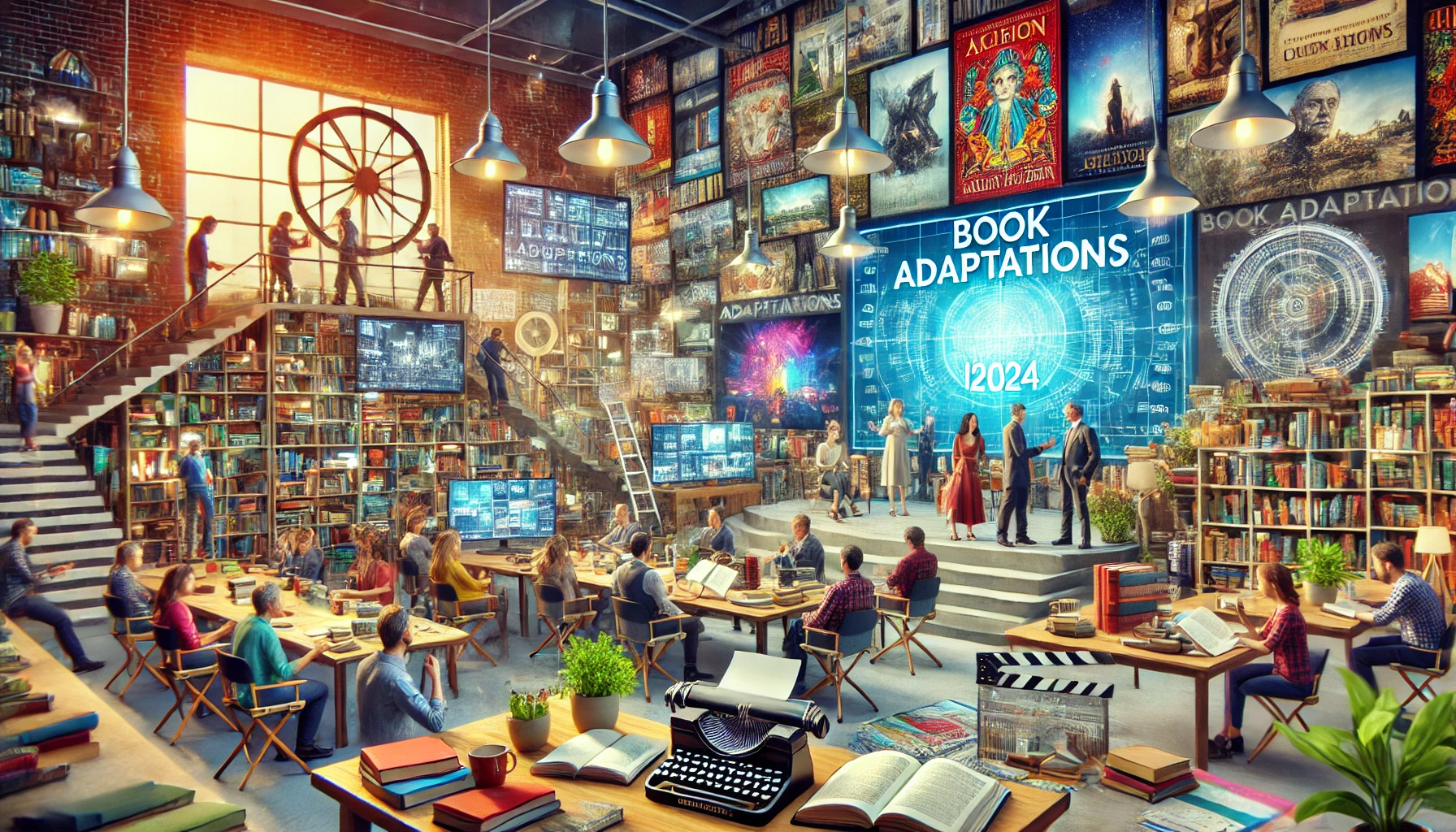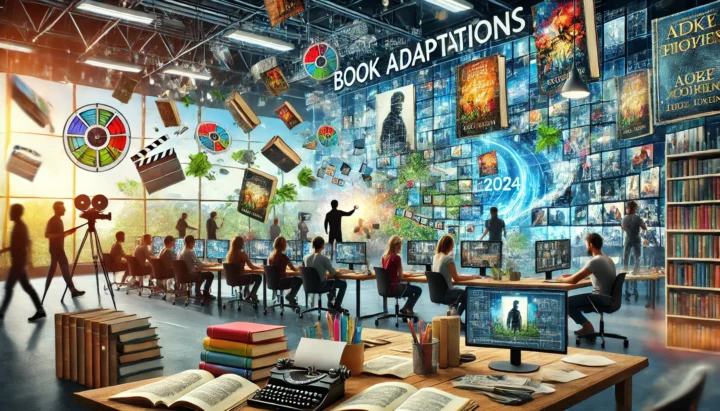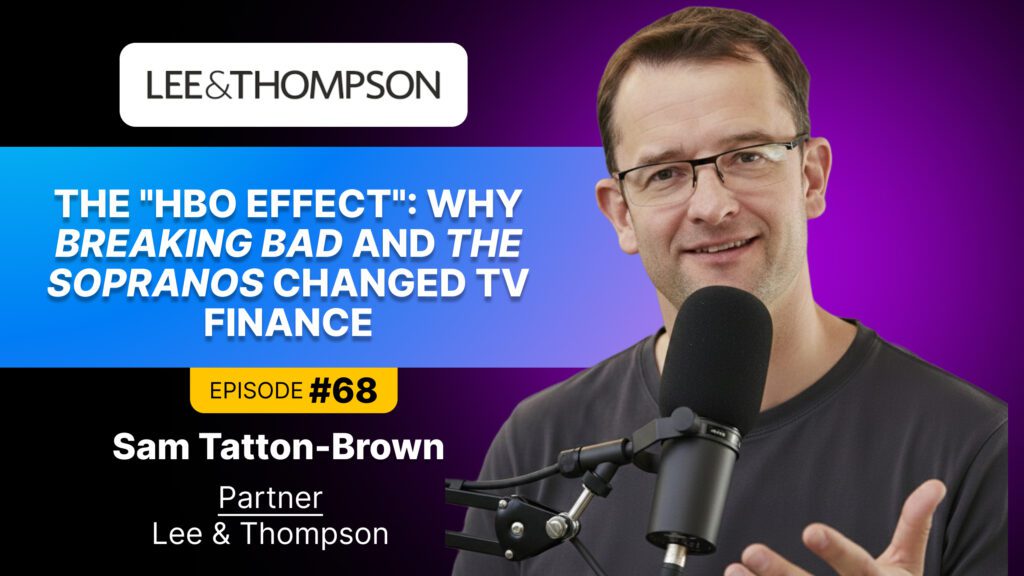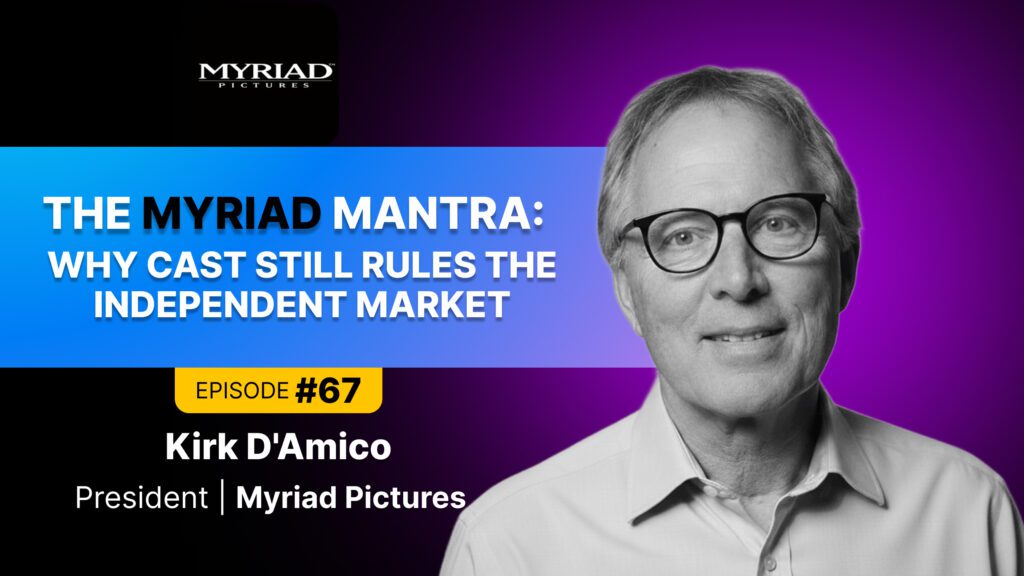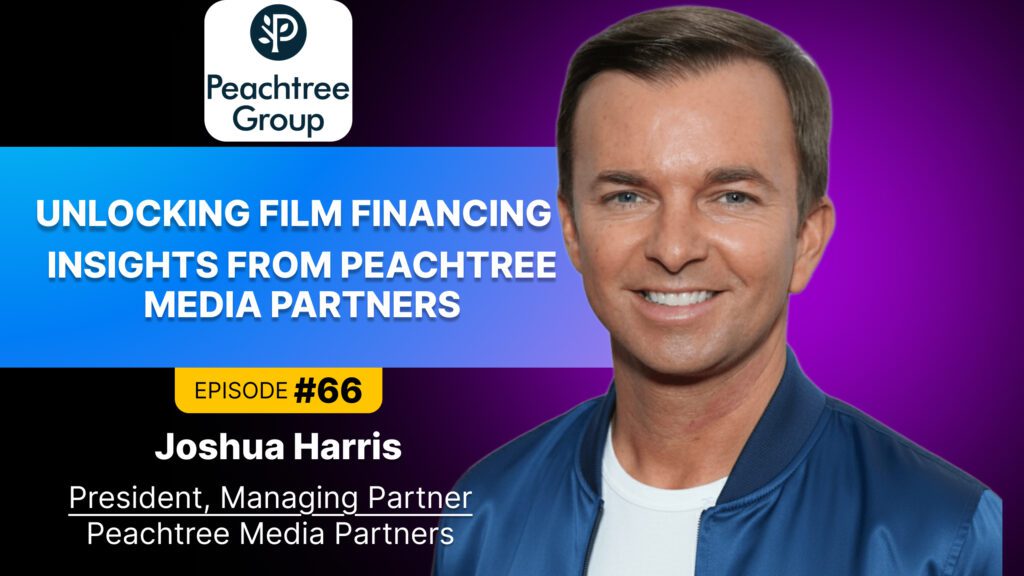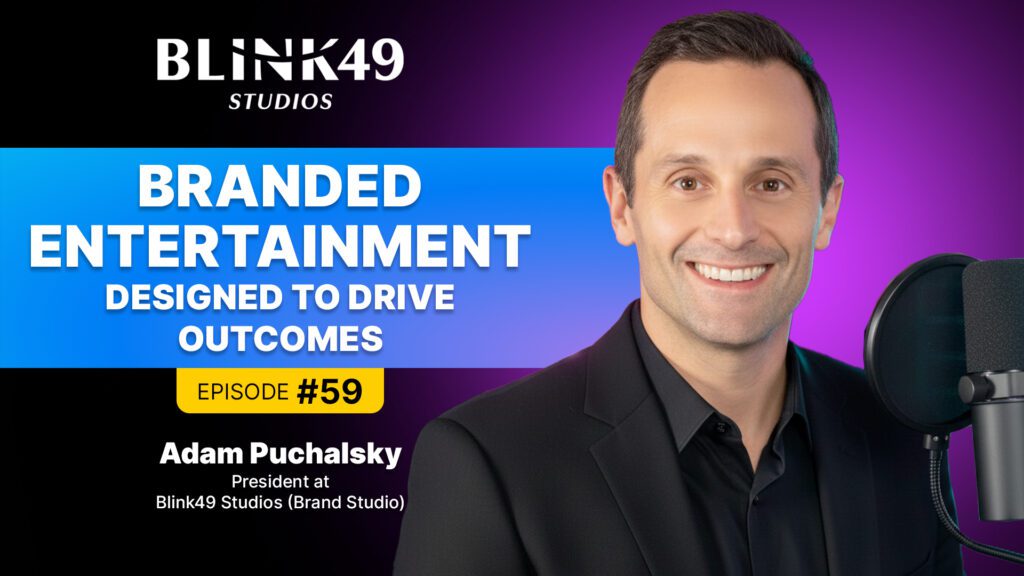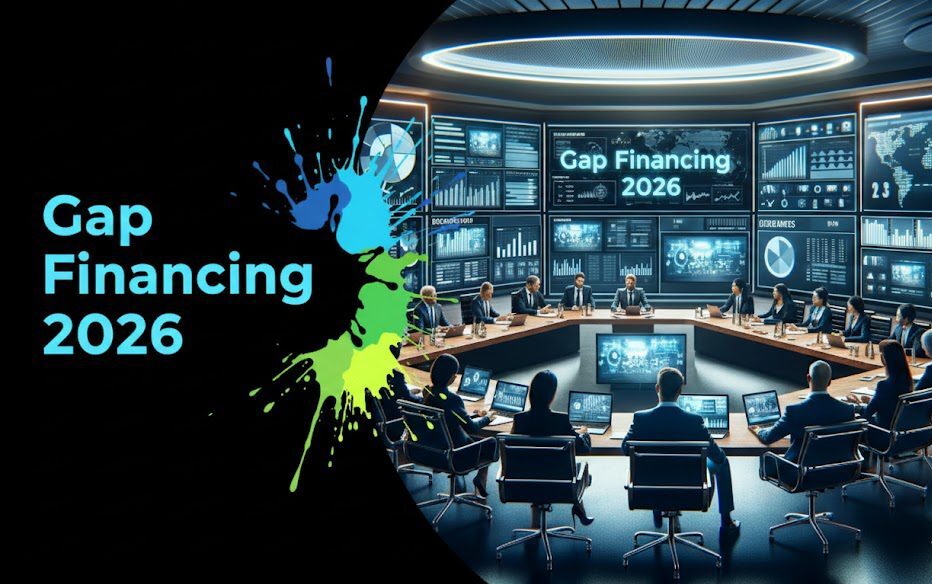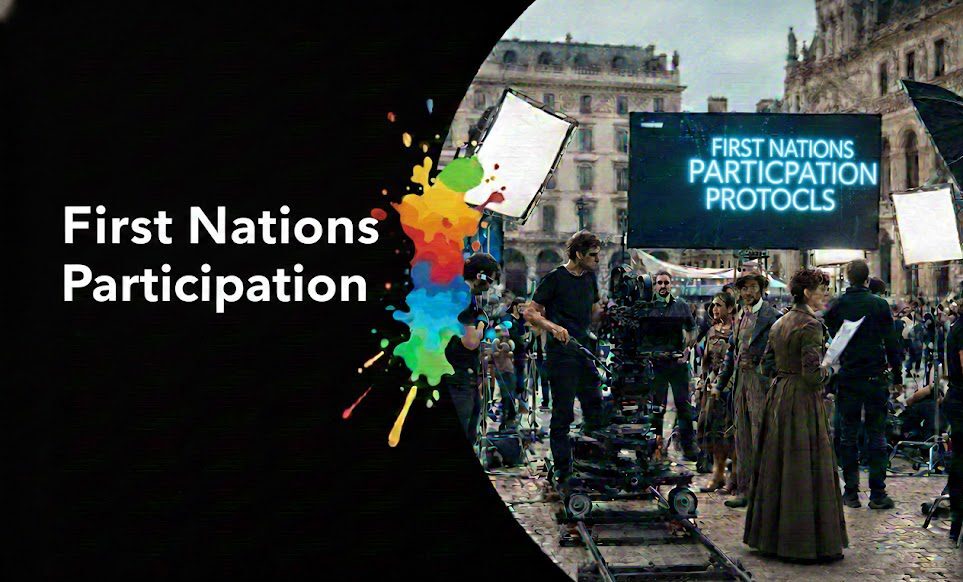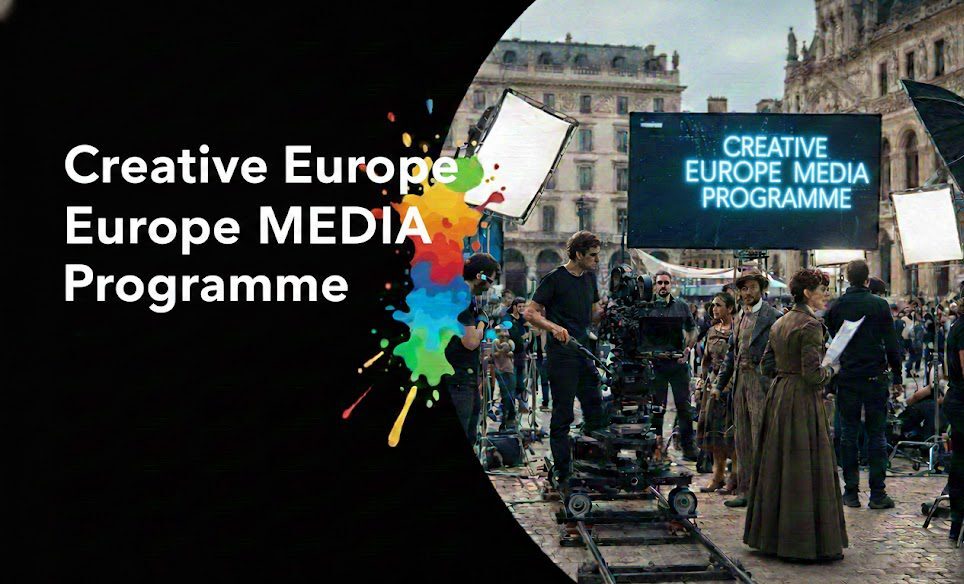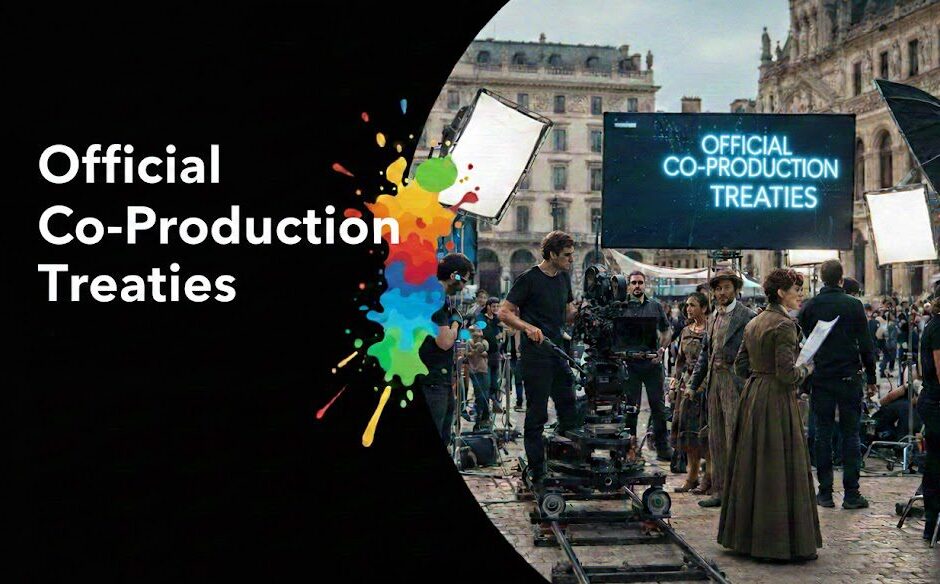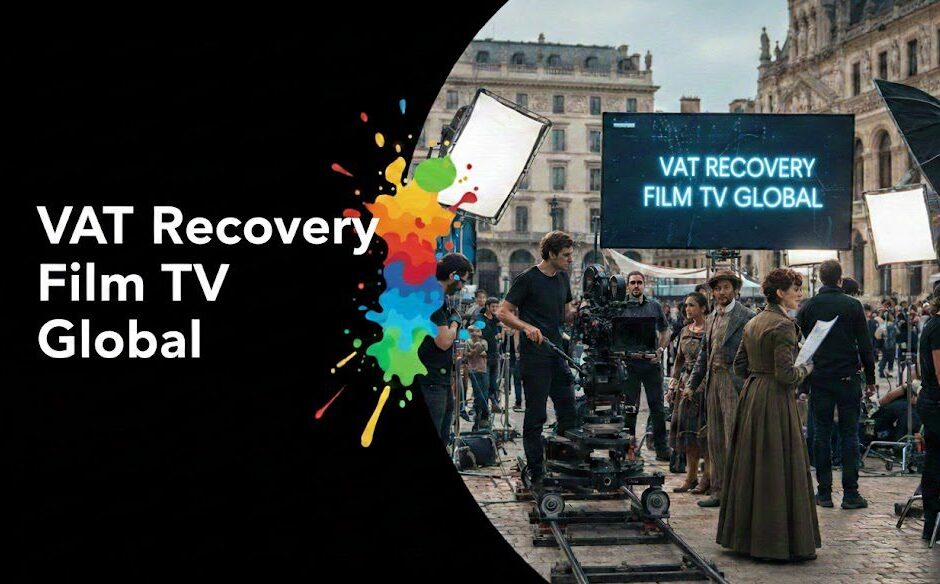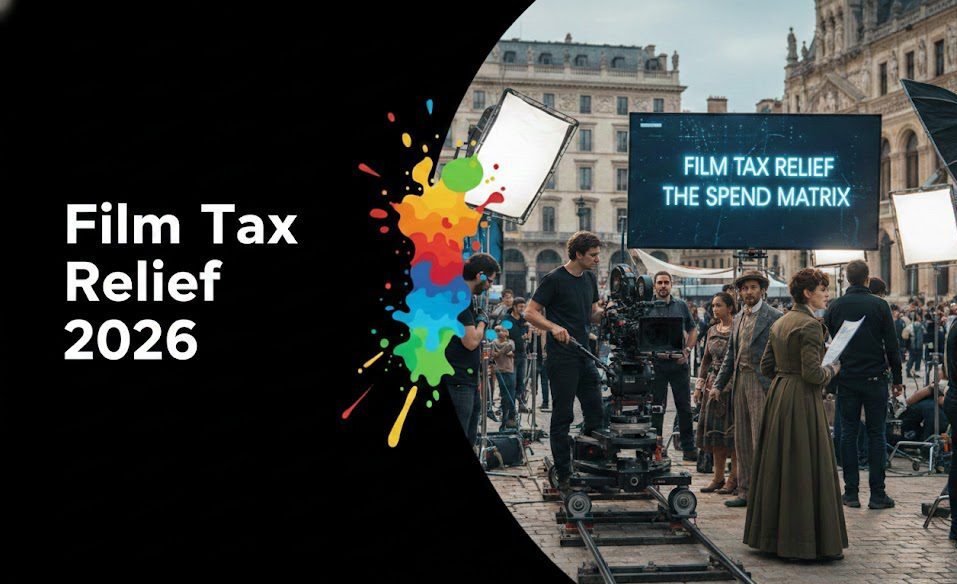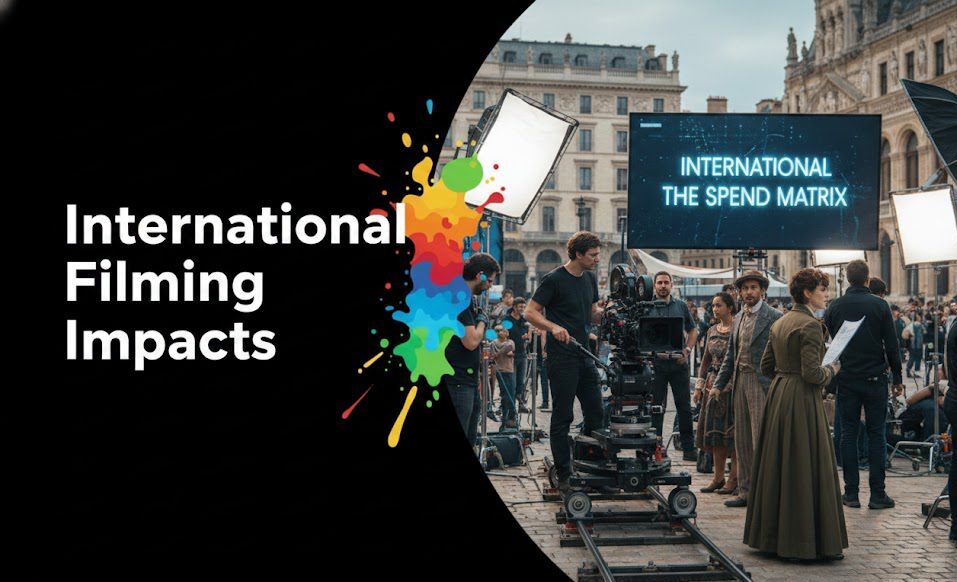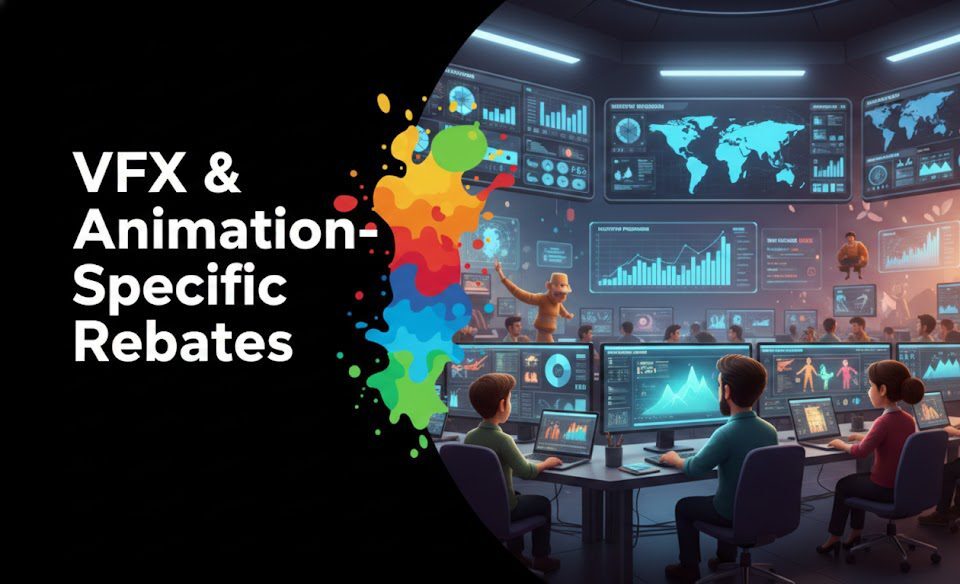Introduction
Book adaptation is a fascinating process where stories move from the written page to the screen. Whether for film, television, or even stage plays, the process involves translating the depth and nuance of the original work into a new medium, while still retaining the story’s essence. At Vitrina, we specialize in helping creative professionals and filmmakers navigate the complexities of this transformation.
In this article, we’ll dive into the art and craft of adapting books, the various types of adaptations, and the challenges that come with turning novels into visual experiences. We’ll also examine the trends and case studies of successful adaptations, offering a guide for anyone interested in this unique aspect of filmmaking.
Key Takeaways
| Key Point | Details |
| What is a book adaptation? | Definition and process of adapting books to screen. |
| Creative aspects of adaptation | Explore the creative challenges and techniques involved. |
| Challenges and controversies | Common pitfalls and famous controversies in adaptations. |
| Successful adaptations and trends | Examples of successful adaptations and upcoming trends in Hollywood. |
| Vitrina’s role in book adaptation | How Vitrina helps filmmakers and creatives with the adaptation process. |
Understanding Book Adaptations
What is a Book Adaptation?
A book adaptation is the process of turning a novel or written work into a movie, TV show, or even a stage play. It’s more than just copying the story—it’s about capturing the essence of the narrative and making it work in a visual format. For example, the Harry Potter series, adapted by Warner Bros., is a well-known example of a successful book adaptation that stayed true to its source material while bringing the world of Hogwarts to life.
How Do Studios Select Books for Adaptation?
Studios consider multiple factors when choosing books for adaptation:
- Commercial success: Bestsellers like The Hunger Games have a built-in audience.
- Genre: Sci-fi and fantasy books, such as Dune, are popular for visual storytelling.
- Marketability: Stories that resonate with current social trends are more likely to be adapted.
At Vitrina, we assist filmmakers in identifying which books have the highest potential for successful adaptation by conducting thorough market research and audience analysis.
Need Experts for Your Book-to-Film Adaptation?

Types and Genres of Book Adaptations
Best Book Adaptations of All Time
Some of the most iconic films in cinema history began as books. Here are a few classics:
- The Lord of the Rings by J.R.R. Tolkien: Directed by Peter Jackson, this adaptation won multiple Academy Awards.
- The Godfather by Mario Puzo: A crime classic that redefined the gangster genre.
- To Kill a Mockingbird by Harper Lee: A timeless adaptation of the civil rights-era novel.
Popular Fantasy Book Adaptations
The fantasy genre often thrives in visual media. Here are some successful fantasy book adaptations:
- Game of Thrones by George R.R. Martin: Known for its complex characters and high production values.
- The Witcher by Andrzej Sapkowski: A dark, medieval fantasy that has captivated Netflix viewers.
- The Chronicles of Narnia by C.S. Lewis: A family-friendly series that translated well to the big screen.
| Fantasy Adaptation | Success Factors |
| Game of Thrones | Complex plot and high-quality production. |
| The Witcher | Strong character development and visual effects. |
| The Chronicles of Narnia | Appeal to both younger and older audiences. |
Bring Your Story to Screen

Creative and Technical Aspects of Adaptation
How Faithful Should a Book Adaptation Be?
One of the biggest debates in book adaptation is whether the film should strictly follow the book. In some cases, changes are necessary to fit the medium. J.K. Rowling’s involvement in the Harry Potter films ensured a faithful adaptation, but even this series had to condense certain storylines for pacing.
In contrast, films like The Shining, directed by Stanley Kubrick, deviated from the source material to create a more cinematic experience. At Vitrina, we help filmmakers strike the perfect balance between creativity and staying true to the original work.
Differences Between Book and Movie Adaptations
Books allow readers to imagine characters and settings, while movies show everything. This difference creates a unique challenge for filmmakers:
- Dialogue: Conversations that work in books may sound unnatural on screen.
- Pacing: Movies need to condense long plots into a few hours.
- Visual storytelling: Books rely on words, while films use camera angles, lighting, and special effects.
Adapt Your Bestseller with Ease

Challenges and Controversies in Book Adaptations
Why Do Book Adaptations Often Fail?
Not every adaptation succeeds. There are several reasons why some adaptations fail:
- Poor casting: Choosing actors that don’t fit the book’s characters can alienate fans.
- Plot changes: Drastic changes to the plot, like in the film adaptation of Percy Jackson, can disappoint the book’s fanbase.
- Budget constraints: Without sufficient funding, the film may not live up to audience expectations.
At Vitrina, we provide inisghts in the adaptation deals, genre trends etc which helps you take inform decisions.
Famous Book Adaptation Controversies
Some book adaptations spark controversy. Here are a few examples:
- The Hobbit Trilogy: Fans of the book felt the films were overextended, turning a short novel into three long movies.
- I Am Legend: Many viewers felt the ending of the movie was too different from Richard Matheson‘s original book.
- Controversy Lessons:
- Stay true to core themes.
- Listen to fan feedback during production.
- Balance artistic liberty with respect for the source material.
Case Studies and Examples
Famous Directors Known for Book Adaptations
Many directors have built careers adapting books into films. Notable examples include:
- Peter Jackson: Adapted The Lord of the Rings trilogy with great success.
- David Fincher: Directed Gone Girl, a mystery-thriller adapted from Gillian Flynn’s bestseller.
- Francis Ford Coppola: Brought The Godfather to life, creating a cinematic masterpiece.
Award-Winning Book Adaptations
Some adaptations have gone on to win prestigious awards:
- The Lord of the Rings: Return of the King: Won 11 Academy Awards.
- Slumdog Millionaire: Adapted from the novel Q & A by Vikas Swarup, it won eight Oscars.
These films show that a well-executed adaptation can achieve both commercial and critical success.
Trends and Future of Book Adaptations
Book Adaptation Trends in Hollywood
Several trends are shaping the world of book adaptations today:
- Serialized TV Adaptations: Books like The Witcher and Outlander have found great success as TV series, offering more room for character development.
- Young Adult Novels: Series like The Hunger Games and Twilight sparked a trend of YA book-to-film adaptations.
- Fantasy Epics: With the success of Game of Thrones, more fantasy series are being adapted for both film and TV.
Best Streaming Platforms for Book Adaptations
Streaming platforms like Netflix, Amazon Prime, and HBO Max are the go-to places for book adaptations. Here’s a breakdown of which platform excels in different genres:
- Netflix: Known for international adaptations like The Witcher.
- Amazon Prime: Excelling with large-scale productions like The Lord of the Rings: The Rings of Power.
- HBO Max: Famous for drama and fantasy adaptations, including His Dark Materials.
- Key Streaming Services:
- Netflix: Great for international adaptations.
- Amazon Prime: Ideal for high-budget fantasy epics.
- HBO Max: Specializes in drama adaptations.
Production and Time Considerations
How Long Does a Book Adaptation Take to Produce?
Book adaptations vary in production time based on several factors:
- Script development: Adapting a complex book can take months to years.
- Securing rights: Negotiations with authors and publishers can delay production.
- Filming and editing: Large-scale adaptations require substantial post-production for visual effects.
Recent Book Adaptations in Film and TV
Recent adaptations have taken the screen by storm. Films like Dune and TV series like Bridgerton demonstrate that adaptations continue to captivate global audiences. These productions show the power of storytelling when done right.
Conclusion
Adapting a book to film or television is a delicate process requiring creativity, technical expertise, and a deep respect for the source material. With the rise of streaming platforms and a growing appetite for long-form storytelling, the future of book adaptation looks bright. At Vitrina, we’re proud to be part of this exciting industry, helping creatives bring their vision to life in the most authentic way possible.
Frequently Asked Questions
A book adaptation is the process of turning a written book into a film, TV show, or play.
Studios often consider the book’s commercial success, its fan base, and its narrative adaptability for the screen.
Adaptations can fail due to poor casting, pacing issues, or drastic changes to the plot that alienate fans.
If you’re ready to adapt your book or bring a favorite story to life, Vitrina can help. Contact us today for expert advice, production support, and market insights to ensure your adaptation reaches its full potential!


